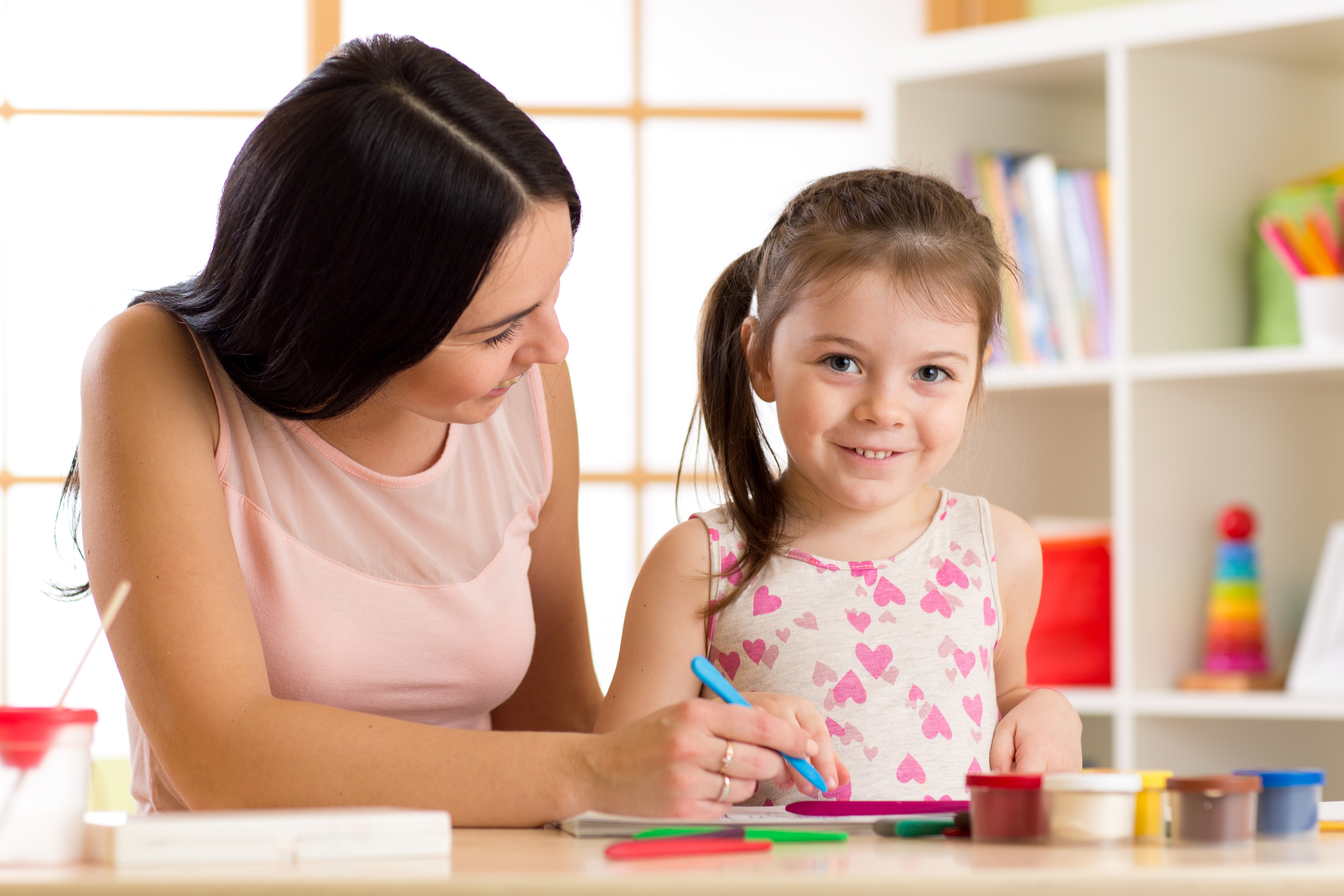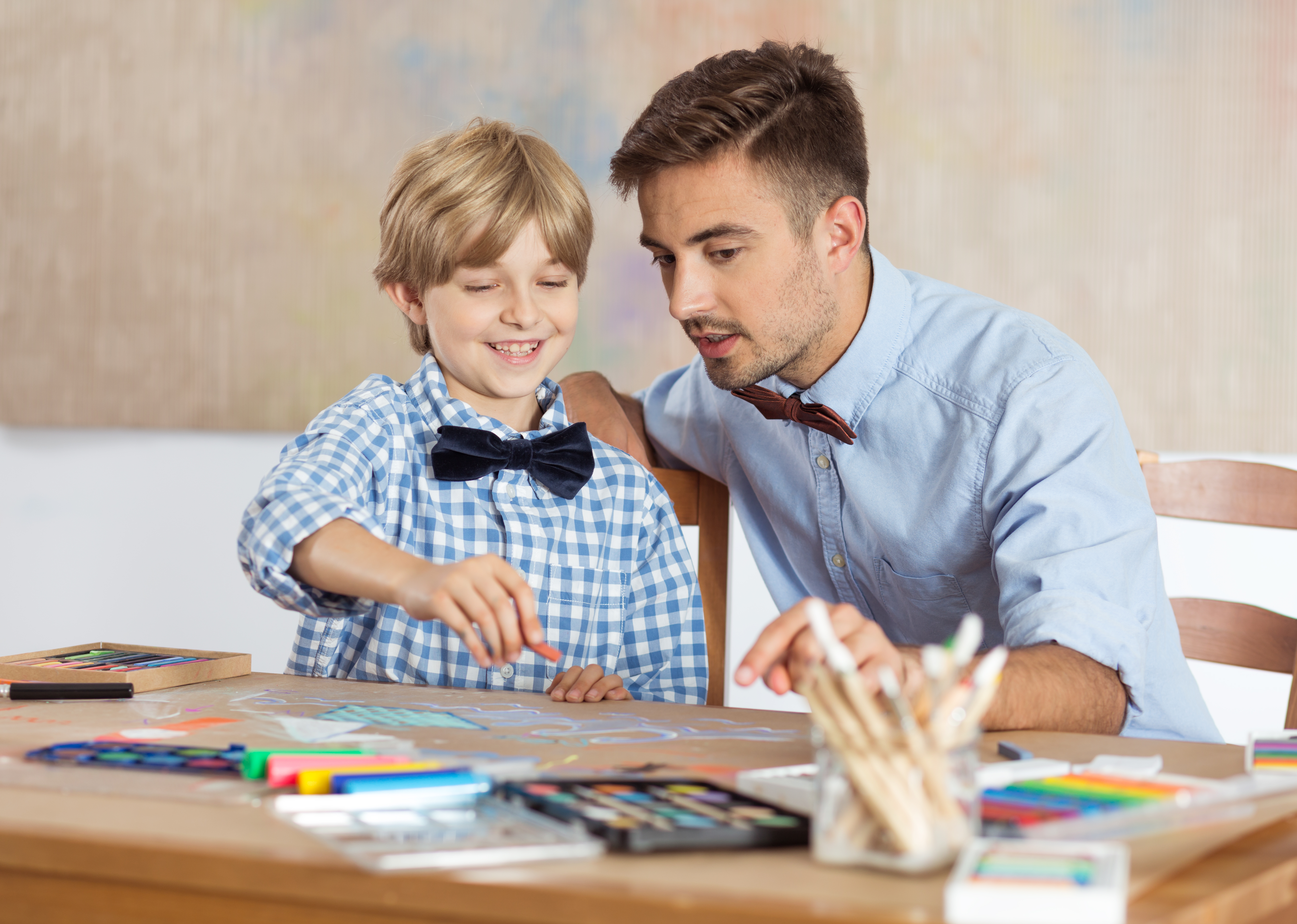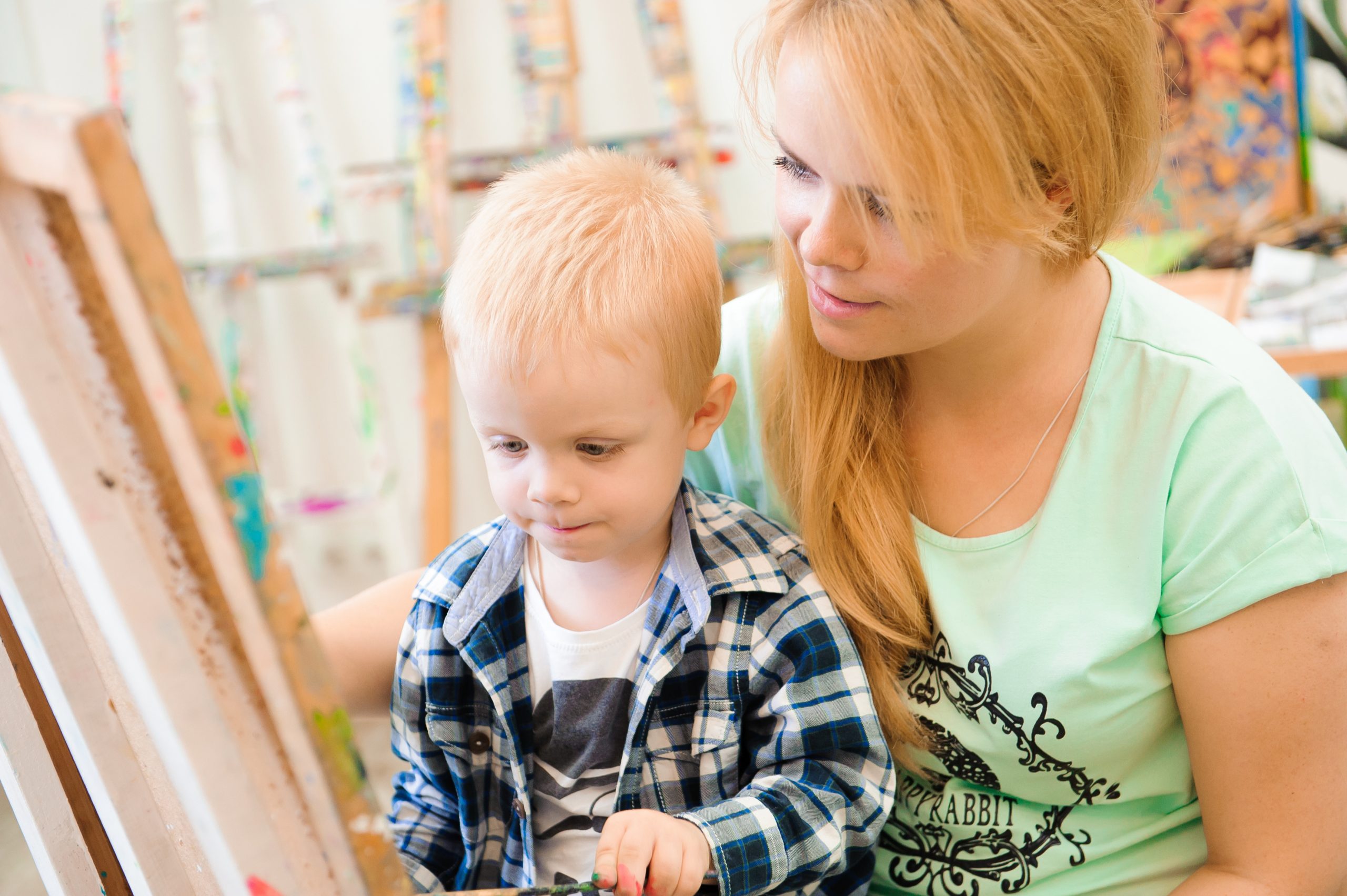Kindergarten is an important time in your child’s early development. You can ensure your child can make the most of kindergarten by listening to what their teacher wants you to know about your role in it all.
Your child is learning all the time, whether that be being taught the alphabet by their kindergarten teacher or discovering the meaning of a new word during their bedtime story. So it’s important that you and kindergarten teachers work in tandem to allow your child to reach their full learning potential. Kindergarten teachers have been aware of this for quite some time – parent-teacher conferences are there for a reason! It’s not too late for you to jump on board too by realising the 4 things teachers want you to know.
1. Parents Play a Critical Role
It’s obvious that parents play a critical role at home, but when your child starts kindergarten it’s important that you don’t just give them a kiss goodbye and say I’ll pick you up soon. While this is helpful in comforting your child, it’s important that you also take some steps to help out their teacher – this will have huge benefits for your child’s development. As your child’s first teacher (you did teach them how to walk and talk, among other things, after all), you may feel like you’re missing out on their growth. Nonetheless, you should welcome kindergarten teachers as important partners over the next stages of your child’s development and ensure they are kept up to speed with what you’ve noticed in your child. Is your child a visual learner or do they prefer to learn by doing? Does your child have a relatively short or long attention span? These are all things involving your child’s development that are important for kindergarten teachers to know so they can determine a learning program that best fits your child’s needs – so work together with their kindergarten teacher. That being said”¦

2. The Value of Families and Teachers Working Together as Partners is Research-Based
You hear a lot of things as a parent – everyone always seems to want to give you advice. But establishing a collaborative partnership with your child’s kindergarten teacher carries a value that has been proven by research. When schools and families acknowledge the relevance of parental involvement, kindergarten teachers are able to develop a supportive environment for learning. The benefits for children may at such an early stage appear too broad or long-term, but the patterns for success begin in early childhood and extend into later life with things such as higher grades, better attendance, more positive attitudes and behaviour, as well as greater enrolment in higher education.
3. Communication is Key
It’s all very well for you to know that partnership with kindergarten teachers is important, but the only way to actually achieve this is through communication. The best way to do this is to establish a means of talking to your child’s kindergarten teacher, who will want to accommodate this in the best way for you and your family. Approach your child’s teacher and ask them how they recommend you learn more about your child’s learning programme, as well as their wider school life. Also be sure to share your preferred method of communication, whether that be email, text, phone call or through “letters home” in your child’s book bag. There’s no right way – just make sure you and your child’s kindergarten teacher are on the same page!

Copyright: Photographee.eu
4. Teachers Want to Know What Makes Your Family Unique
Life is incredibly diverse and kindergarten is no different; the relevance of your specific home and culture is of great importance in terms of your collaboration with your child’s kindergarten teacher. You should take the time to inform the teacher of the unique characteristics that define your family and the way your child is being brought up. For instance, my parents always made sure my kindergarten teachers knew I was being brought up in a multilingual home and that they were both immigrants whose native languages weren’t English. Not only did sharing this information mean my teachers knew to focus on helping me develop my English language skills, but it also allowed them to appreciate that I was open-minded and curious to learn about different ideas, thereby meaning I received a kindergarten education that was catered towards developing both my identified strengths and weaknesses. For the sake of your child’s education and development, “sharing is caring” – so let’s do more of it.











